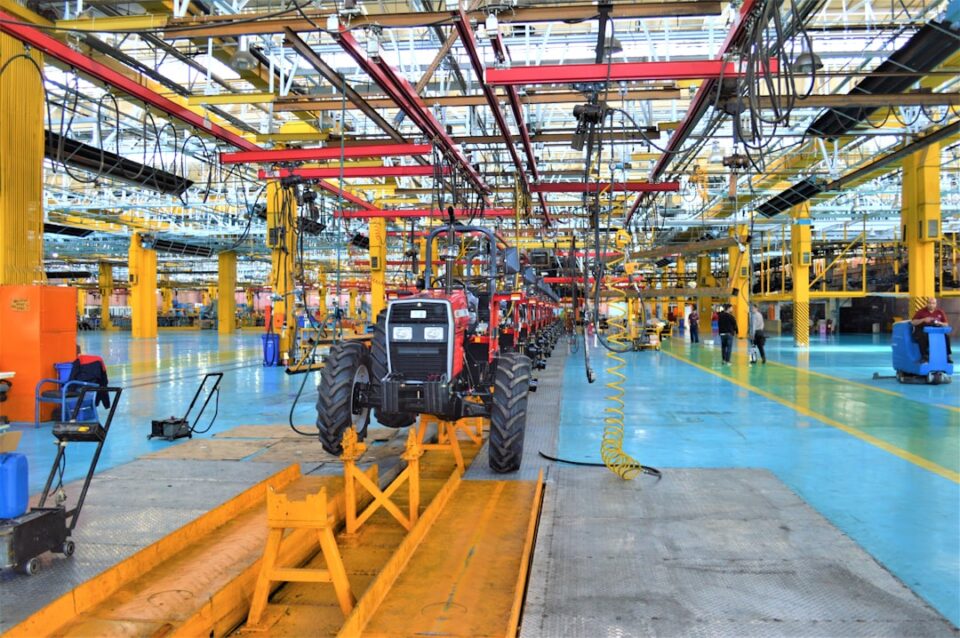Just-in-Time (JIT) manufacturing is a production strategy that revolves around producing goods at the exact time they are needed, thereby reducing waste, minimizing inventory levels, and increasing efficiency. Originally developed by Toyota in the 1970s, JIT has since been adopted by companies in various industries around the world. In this blog post, we will explore the advantages of implementing JIT manufacturing in a business setting.
One of the most significant advantages of JIT manufacturing is the reduction of waste. By producing only what is needed when it is needed, companies can eliminate excess inventory, overproduction, and obsolete products. This not only saves money on storage costs but also minimizes the risk of products becoming outdated or spoiled. In addition, JIT helps companies avoid excess production by providing them with real-time information on customer demand, enabling them to adjust their production schedules accordingly.
Another key advantage of JIT manufacturing is improved efficiency. By streamlining the production process and eliminating unnecessary steps, companies can reduce lead times, increase productivity, and respond quickly to changing market conditions. JIT also promotes a culture of continuous improvement, as employees are constantly looking for ways to streamline processes, reduce waste, and increase overall efficiency. This results in a more agile and competitive business that is better equipped to meet customer demands and stay ahead of its competitors.
Furthermore, JIT manufacturing can help companies improve product quality. By producing goods in small batches and closely monitoring the production process, companies can quickly identify and address any issues that may arise. This not only ensures that products meet high-quality standards but also reduces the likelihood of defects and errors. In addition, JIT helps companies identify and address bottlenecks in the production process, ultimately leading to smoother operations and higher-quality products.
Additionally, JIT manufacturing can help companies reduce costs. By eliminating excess inventory and waste, companies can save money on storage costs, handling fees, and other overhead expenses. JIT also allows companies to reduce the need for large production facilities, as they can produce goods on-demand and in smaller batches. This results in lower capital investments and operating costs, ultimately leading to higher profit margins and a more efficient business model.
Another advantage of JIT manufacturing is improved supply chain management. By working closely with suppliers and establishing strong relationships, companies can ensure a steady and reliable flow of materials and components. This helps prevent disruptions in the production process and reduces the likelihood of stockouts or backorders. In addition, JIT enables companies to reduce lead times, minimize transportation costs, and improve overall supply chain efficiency. This results in a more responsive and cost-effective supply chain that can better meet customer demands.
Furthermore, JIT manufacturing promotes a more environmentally friendly approach to production. By reducing waste, minimizing energy consumption, and optimizing resource utilization, companies can lower their carbon footprint and contribute to a more sustainable future. JIT also encourages companies to adopt lean practices and implement environmentally friendly production techniques, further reducing their impact on the environment. In an era where sustainability is becoming increasingly important, JIT manufacturing offers companies a competitive advantage by demonstrating their commitment to responsible and eco-friendly practices.
In conclusion, JIT manufacturing offers many advantages to companies looking to improve efficiency, reduce waste, enhance product quality, lower costs, streamline supply chain management, and promote sustainability. By adopting a just-in-time approach to production, companies can create a more agile, competitive, and environmentally friendly business model that is better equipped to meet the challenges of today’s rapidly changing market. Just-in-time manufacturing is not just a production strategy – it is a mindset that promotes continuous improvement, innovation, and success in the modern business world.


